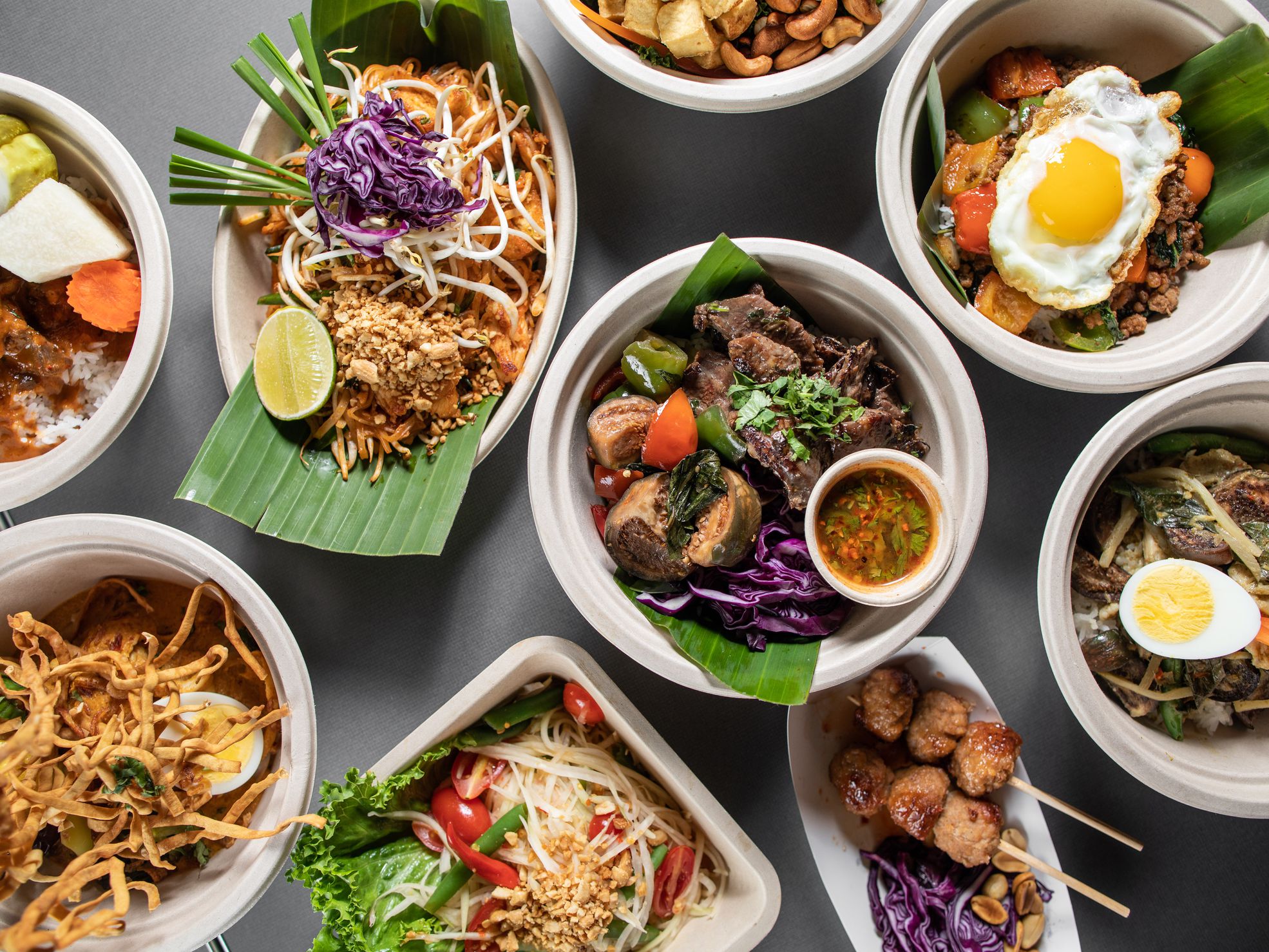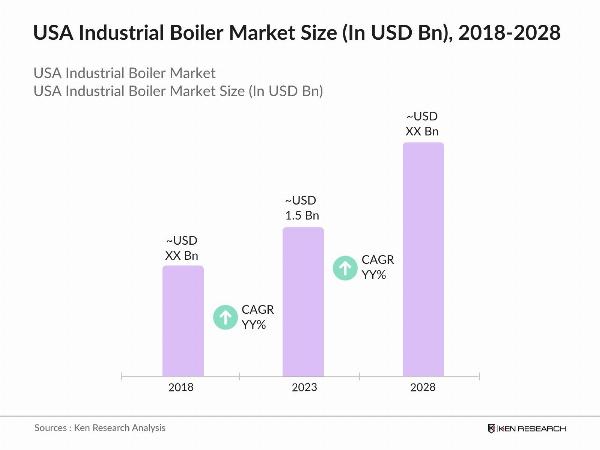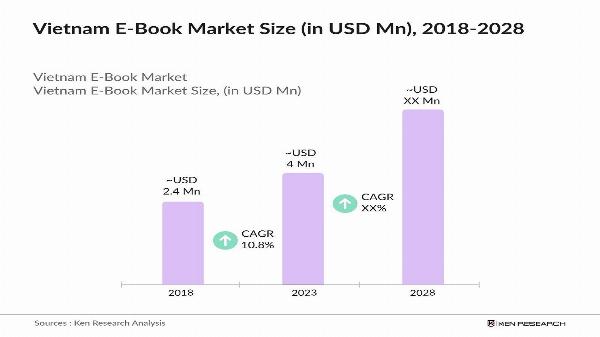 Automated Blog-to-Social Sharing – Publish Once. Appear Everywhere!
Automated Blog-to-Social Sharing – Publish Once. Appear Everywhere!
The Market Trends of Thailand Food Market
Written by Naman Rohilla » Updated on: June 17th, 2025

The market has been experiencing dynamic changes driven by evolving consumer preferences, technological advancements, and socio-economic factors. In this blog, we will explore the key Thailand food market trends that are shaping the trajectory and their implications for businesses and consumers alike.
Thailand Food Market Trends
1. Rising Demand for Health and Wellness Products
Increased Health Consciousness
One of the most significant trends in the Thailand food market is the rising demand for health and wellness products. As consumers become more health-conscious, there is a growing preference for nutritious, organic, and natural food products. In 2023, sales of organic food products increased by 15%, driven by lifestyle changes and health awareness.
Functional Foods and Beverages
Functional foods and beverages that offer additional health benefits are also gaining popularity. Products fortified with vitamins, minerals, and probiotics are becoming mainstream. This trend is particularly evident in the beverage sector, where health drinks, including vitamin-infused waters and probiotic drinks, are seeing significant growth.
2. Expansion of the Convenience Food Segment
Busy Lifestyles
Urbanization and the fast-paced lifestyles of Thai consumers have led to a surge in demand for convenience foods. Ready-to-eat meals, instant noodles, and snacks are highly favoured due to their ease of preparation and time-saving benefits. The convenience food segment is expected to continue its growth trajectory as more consumers seek quick meal solutions.
Innovative Packaging
Innovations in packaging have further boosted the convenience food market. Resealable, microwaveable, and eco-friendly packaging options are enhancing product appeal and consumer convenience. These packaging innovations not only improve the shelf life of products but also align with the growing consumer demand for sustainability.
3. Growth of the E-Commerce and Online Food Delivery Sector
Digital Transformation
The digital transformation of the retail sector has significantly impacted the Thailand food market. The e-commerce sector is experiencing rapid growth, with online food delivery services becoming increasingly popular. In 2023, the online food delivery market in Thailand grew by 25%, driven by the convenience of digital platforms and changing consumer behaviours.
Major Players Investing in Technology
Major players in the food market are investing heavily in technology and logistics to capture this growing segment. The rise of mobile apps and online grocery platforms has made it easier for consumers to access a wide range of food products from the comfort of their homes. Subscription-based services for regular delivery of essentials like milk, snacks, and ready-to-eat meals are also gaining traction.
4. Emphasis on Sustainability and Eco-Friendly Practices
Consumer Awareness
Environmental concerns are increasingly influencing consumer choices in Thailand. There is a rising demand for eco-friendly and sustainably sourced food products. In 2023, sales of eco-friendly food products increased by 20%, highlighting the growing consumer awareness and willingness to pay a premium for sustainable options.
Regulatory Support
The Thailand government has introduced regulations to reduce plastic waste and promote sustainable practices. Initiatives like the Plastic Waste Management Plan mandate the use of biodegradable and recyclable packaging materials in the food industry. Over 40% of food manufacturers in Thailand have adopted sustainable packaging solutions, significantly reducing plastic waste and promoting eco-friendly practices.
5. Innovations in Food Technology
Blockchain for Supply Chain Transparency
Technological advancements are reshaping the Thailand food market. Blockchain technology, for instance, is being used to enhance supply chain transparency and traceability. Companies like Betagro have introduced blockchain technology to provide detailed information about the origin and journey of food products. This innovation ensures food safety, reduces fraud, and builds consumer trust.
Plant-Based and Alternative Proteins
The global trend towards plant-based diets has also made its way to Thailand. There is growing interest in plant-based and alternative protein products. Thai Union Group, for example, has launched a new line of plant-based meat alternatives, which received positive consumer feedback and saw an 18% increase in sales in its first year. This trend is expected to grow as more consumers seek sustainable and ethical food choices.
6. Impact of Tourism on the Food Market
Boost from Tourism
Thailand's booming tourism industry significantly impacts the food market. With over 39 million international tourists visiting Thailand in 2023, the demand for a variety of food products, especially local cuisines and international food items, has surged. The food service sector, including restaurants and hotels, benefits directly from this growth, leading to increased food consumption.
Culinary Tourism
Culinary tourism, where travellers seek unique food experiences, is also on the rise. This trend has led to a growing demand for gourmet and speciality foods, providing opportunities for local food producers to showcase their products to a global audience.
7. Shifting Consumer Demographics
Young Adult Consumers
Young adults (aged 19-35) are a dominant consumer group in the Thailand food market. Their purchasing power and preference for convenience foods drive market trends. This demographic is more likely to experiment with new products and is highly influenced by social media and online reviews.
Ageing Population
On the other end of the spectrum, Thailand's ageing population is creating a demand for food products that cater to their specific health needs. Products that are easy to digest, rich in essential nutrients, and promote overall wellness are becoming increasingly important.
8. Government Initiatives and Support
Food Valley Project
Government initiatives such as the Food Valley Project aim to position Thailand as a global food production hub. This project focuses on enhancing food safety standards, promoting research and development, and improving infrastructure for food processing. By 2023, the project had attracted investments worth $300 million, leading to the establishment of several food innovation centres and advanced processing facilities.
National Organic Agriculture Development Strategy
The National Organic Agriculture Development Strategy promotes organic farming and sustainable agricultural practices. The government provides financial support and technical assistance to farmers transitioning to organic farming. By 2023, the area under organic cultivation will increase, boosting the supply of organic food products and meeting the growing consumer demand for health-conscious options.
Conclusion
The Thailand food market is undergoing significant transformations, driven by health consciousness, technological advancements, sustainability efforts, and changing consumer demographics. As the market continues to evolve, businesses must stay attuned to these trends to capitalize on emerging opportunities and navigate the challenges.
Understanding and adapting to the market trends in Thailand will be crucial for businesses looking to succeed in this vibrant and competitive market. By leveraging the growing demand for health and wellness products, embracing digital transformation, adopting sustainable practices, and catering to diverse consumer needs, companies can position themselves for sustained growth and success in the Thailand food market.
Note: IndiBlogHub features both user-submitted and editorial content. We do not verify third-party contributions. Read our Disclaimer and Privacy Policyfor details.
Copyright © 2019-2025 IndiBlogHub.com. All rights reserved. Hosted on DigitalOcean for fast, reliable performance.

















